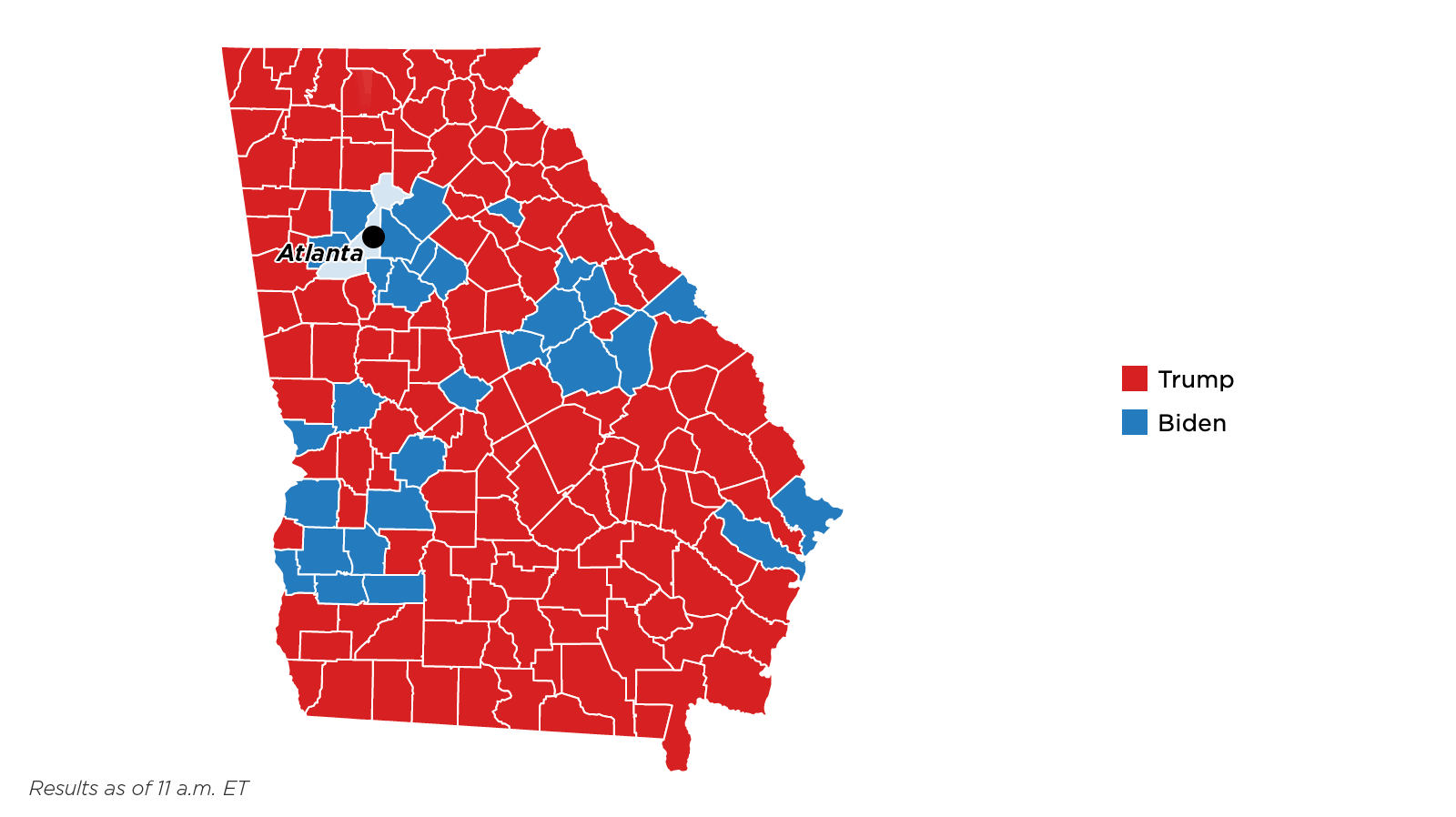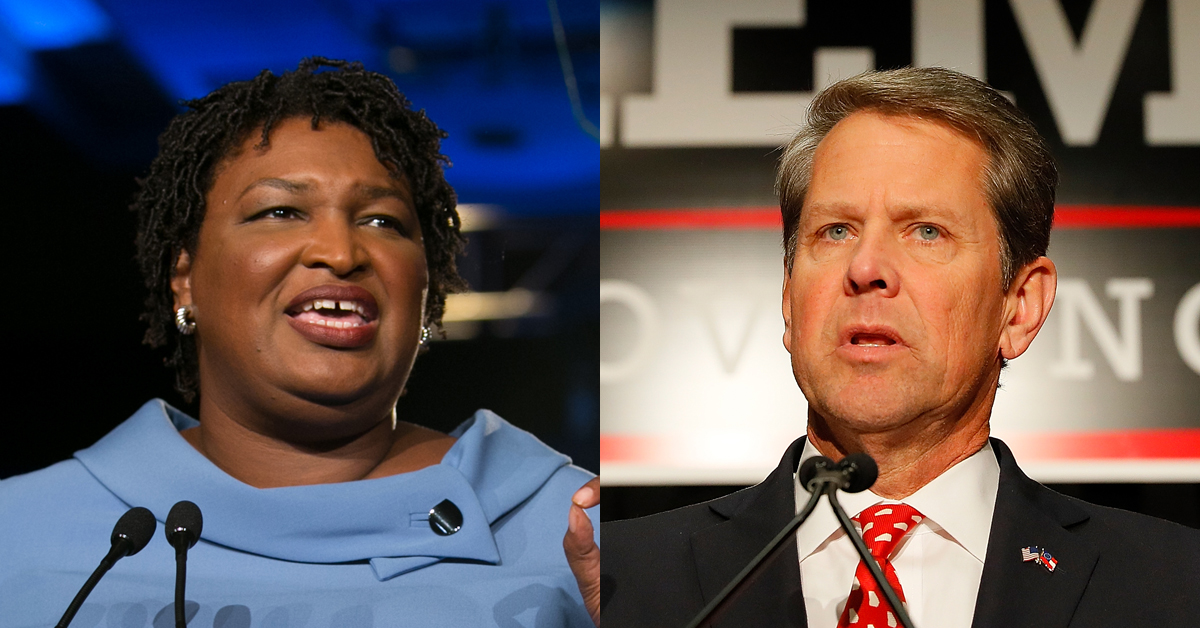
As students populated the Tate center on Mar. 25 for the first and only SGA debate of this election season, murmurs
of last year’s antics filled the air. When host Aaron Paul took the podium to introduce Red and Black’s Kendall Trammell and GPR’s own Tucker Green as the moderators, the room quickly quieted.
Green laid out the format of the debate. Competing candidates would be able to answer the same question in two minutes. Ticket-specific questions were also incorporated, and in those instances, the opposite party was allowed to respond as well. Green also encouraged audience members to tweet-in questions for the speakers with the official hashtag #voteSGA. The candidates’ podium time closed with a quick bonus round, giving them the chance to voice issues they felt were not adequately addressed in the allotted 10 minute question period. The treasurer and vice presidential rounds follows this pattern, but the first presidential candidate to answer the question was granted an extra thirty second response. Green noted GPR’s mission to inspire “non-partisan and intellectual” conversation on campus, and said this debate would be conducted in the same mindset.
Embark, consisting of Austin Laufersweiler, Uzma Chowdhury, and Mary Grace Griffin, spoke first by way of the official coin toss. Presidential candidate Laufersweiler began by emphasizing his excitement about the number of attendees and briefly previewing his running mates, describing his vice president and treasurer as passionate and “even funny” and a “sweet southern belle,” respectively. Reach, consisting of Richie O’Connell, PJ Turrentine, and Joseph Arnold, eagerly followed, and O’Connell highlighted parts of the ticket’s platform, which is proudly designed with input from all parts of campus. “None of us is as smart as all of us are,” O’Connell said.
Griffin and Arnold, the candidates running for treasurer, spoke first. Both talked of their qualifications for position, Griffin positing that a financial background is not necessary, but “communication, organization, and relationship building” skills are, which she possesses. Arnold focused on his financial experience in raising money for other groups and going through the small clubs allocation process, managing which is a significant part of the treasurer’s job.
When asked about cutting programming from SGA to balance the budget, Griffin fumbled slightly, but recovered by making the crowd laugh when she playfully quoted Jay-Z, saying, “Allow me to reintroduce myself.” She stated that after running a cost/benefit analysis she would be able to decide which programs were not benefiting students. Arnold suggested that SGA could save funds by collaborating with other organizations, going dutch on room reservations, speakers, and other necessities. He also fielded a question regarding the usefulness of including funding for printing and meeting space for small organizations when small clubs already provides that by clarifying that this will work to “supplement” those resources allocated for events.
The hopeful treasures gave their final remarks, and vice presidential candidates Chowdhury and Turrentine stepped into the spotlight. Chowdhury defended her “outsider” stance in regards to SGA as being somewhat irrelevant because of her extensive leadership experience in several other groups and because she offers a fresh take. Turrentine took an opposite route, detailing her years as a member of various parts of SGA . Green asked both how they plan to unify senate, Chowdhury stressed sanctions and accountability, while Turrentine suggested external social gatherings to form friendly bonds. This answer sparked a Twitter question, implying that Turrentine wanted to “eat cake and work less,” but she informed the audience that she wants senators to be friendly because she believes that will foster natural accountability and internal ambition. Chowdhury also noted that Embark is willing to receive sanctions as well for failing to execute initiatives, saying “We’ll put shackles on ourselves, for you guys.”
Green jumped straight to the point with the presidential candidates, asking them first which of their ticket’s proposals would have the most “immediate, profound, and direct” impact on students lives. While both parties said they planned their ticket with those adjectives in mind, Laufersweiler answered with Embark’s plans to establish a business professional lending closet and their ideas about changing the withdrawal policy. In response, O’Connell spoke of the printing and meeting fund, because Reach wants to enable passionate student organizations to get their message out.
Garnering muffled reaction from the audience, Green introduced the next topic, the ban on undocumented students, a conversation which began on a lengthy Facebook thread last week. Laufersweiler emphasized Embark’s official stance opposing the ban, though Griffin had voted oppositely when the resolution came before the senate previously. O’Connell, like Griffin, had too voted to keep the ban, and also stated he believed the issue was a “symptom of a national problem.”
Entering in further discussion on the proposal to increase or eliminate the limit on withdrawals, O’Connell said four is sufficient, but the problem with this policy is that “good students” may not always have enough information (for example, grades that have not been posted) to make “educated decisions.” Laufersweiler contended this remark. He said policy revision in this area will be in the best interest of students because even if they do not wish to use the increased number of withdrawals, they will still have the option.
Talking about federal funding, Laufersweiler suggests that sending students to D.C. to lobby may not be the best allocation for funding, and that the priority should be focused on the state and university level. O’Connell disagrees, saying that administrators are looking into setting aside funds for this very purpose. Laufersweiler concludes the discussion by adding he did not understand why Reach was making this an important platform point then.
In matters of ensuring that student voices are heard, Embark advocated opening up lines of communication with the new administration as well as allotting 20 minutes at the beginning of senate sessions for students to come in and speak to their concerns. Reach contended this was not enough, and detailed their proposal for a blog called “What’s up Dawg” where students could post their questions and comments. O’Connell also noted he never witnessed a student being unable to speak in senate, only being cut off prematurely for time constraints.
Surprising to the audience and the candidates themselves, towards the end of the debate, O’Connell and Laufersweiler continued to agree on weighty subjects, like the HOPE scholarship, which both parties believe is an important conversation for SGA, and both voiced support for the grandfather clause that was neglected. While Reach’s platform does not specifically target athletics, O’Connell admitted that Embark’s point system is “worth exploring.” Embark and Reach also concur that UGA should serve as a model for sustainable energy, in Georgia and nationally, and in that vein, they agree that the coal boiler should be shut down. Embark’s proposed bike rental program also speaks to that goal.
In closing, Laufersweiler thanked the audience and said Embark’s ticket combines passion, experience, and fresh perspective and closed with the party’s slogan. O’Connell stressed that Reach believes SGA should not be the “powerhouse” of all organizations on campus, which is why their ticket aims to combine different perspectives.
Official voting on OASIS began Mar. 25 and runs through Mar. 28. Don’t forget to also cast your vote in GPR’s poll here. Show support for your favorite ticket.

